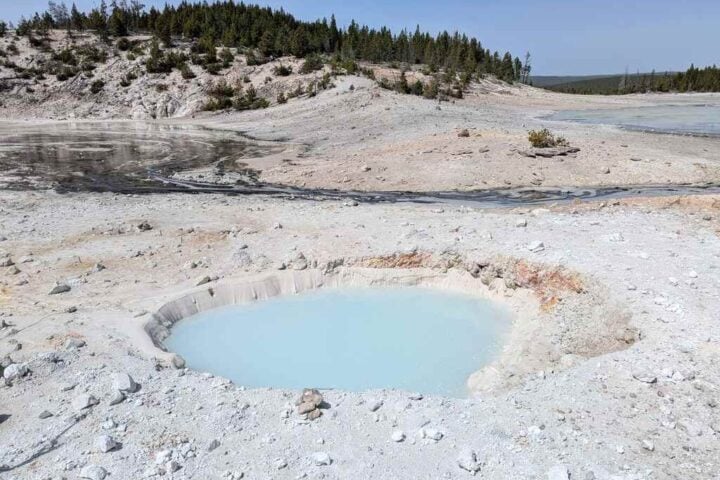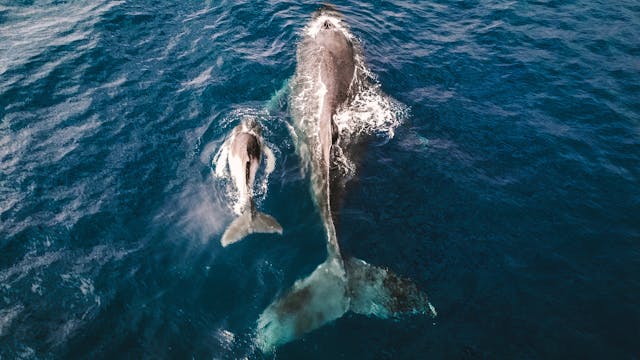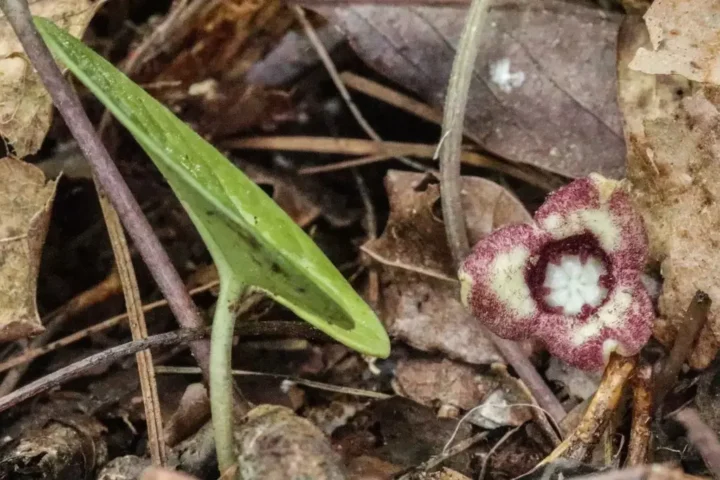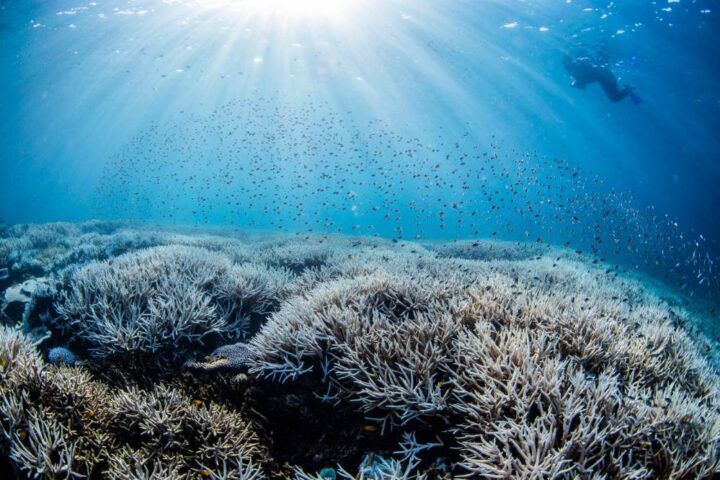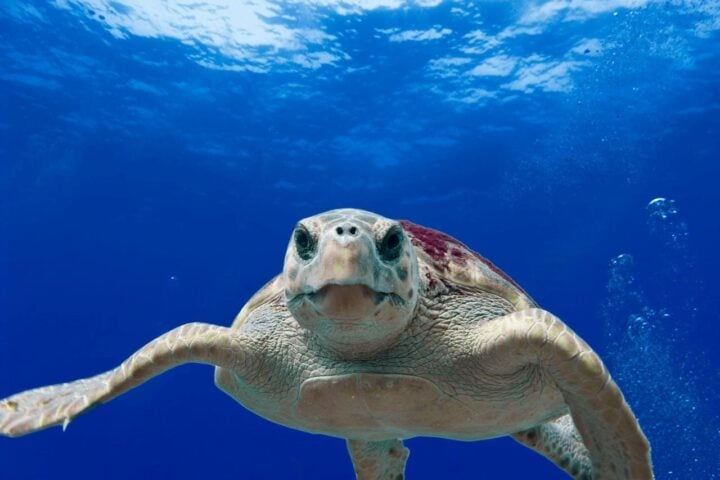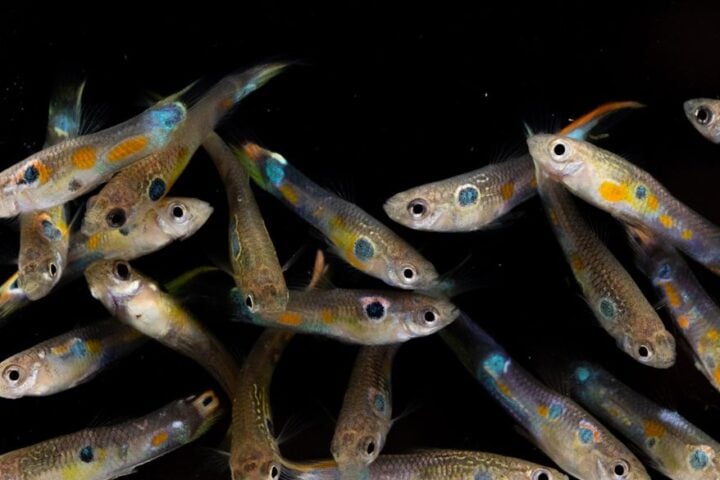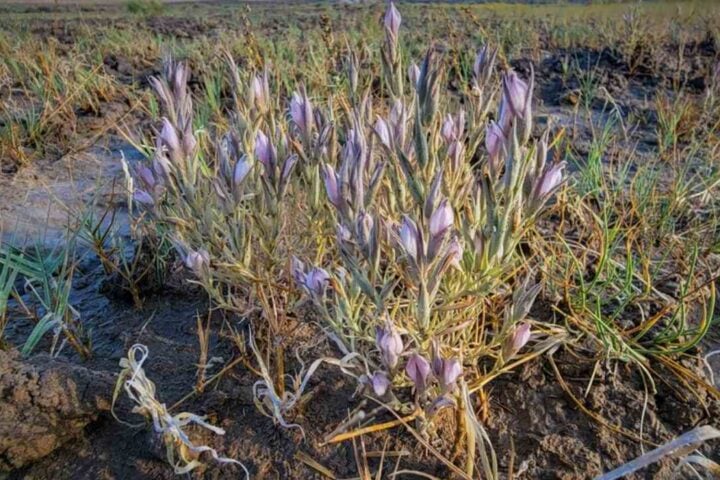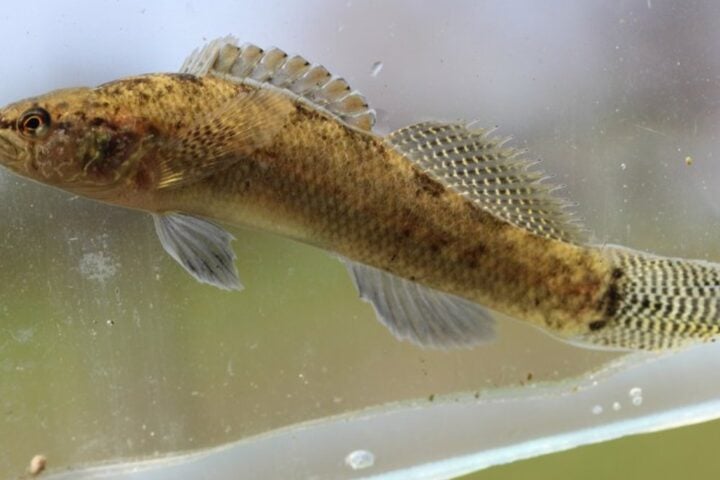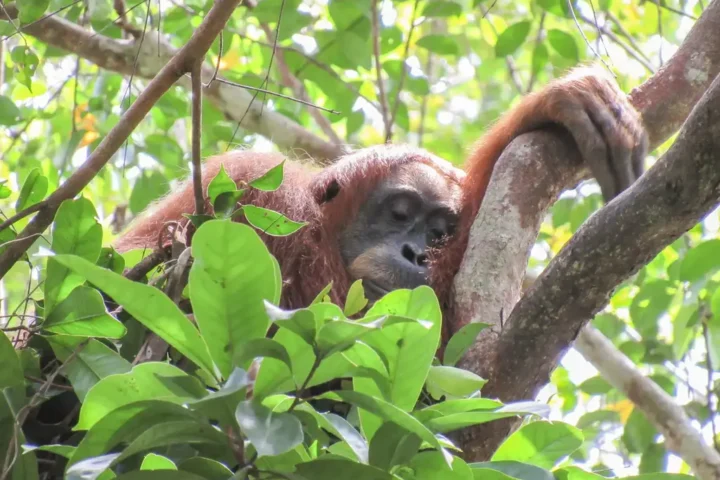The Indian coral reefs are the most ancient and dynamic part of the Indian marine ecosystem. The major coral reef formations in India are confined to the Gulf of Mannar, Palk bay, Gulf of Kutch, Andaman and Nicobar Islands and the Lakshadweep islands.
While the Lakshadweep reefs are on a chain of islands, the others are all fringing reefs. Patchy coral also is present in the inter-tidal areas of the central west coast of the country.
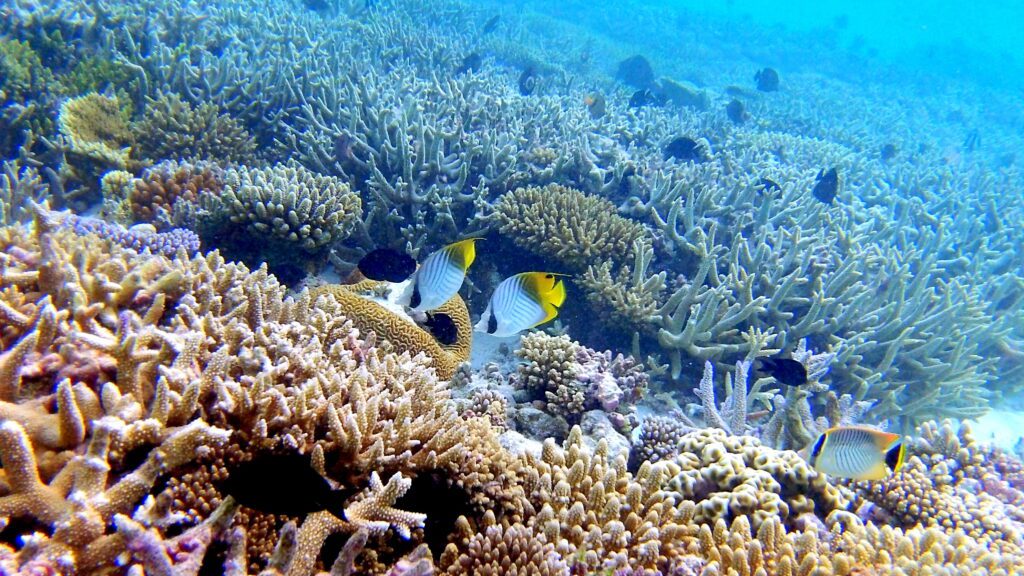
A recent study published in the journal Nature Sustainability warned that rising sea temperatures and overfishing has threatened the Western Indian Ocean.
According to the groundbreaking study about marine ecosystems the Western Indian Ocean is on the verge of complete ecosystem collapse in the next 50 years.
The journal also warned that reefs along the eastern coast of Africa and island nations like Mauritius, Comoros, Madagascar and Seychelles faced a high risk of extinction unless urgent action was taken.
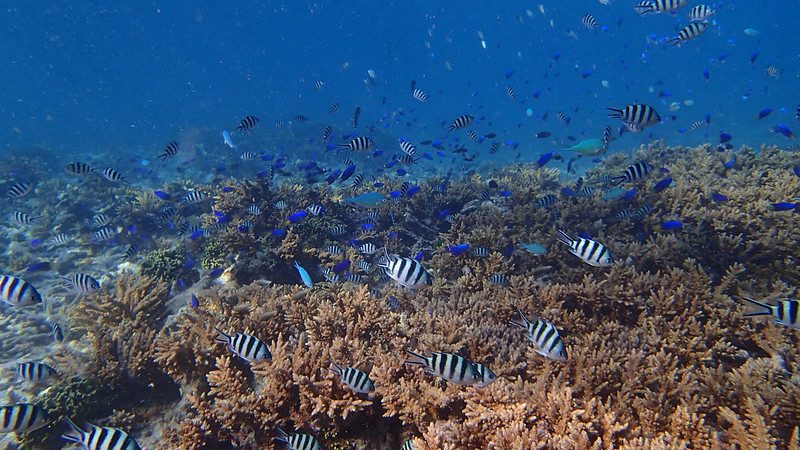
Researchers were able to gauge the vulnerability of individual reefs across the vast Western Indian Ocean for the first time. The rising temperatures and ocean warming means that some coral habitats are already critically endangered and researchers found that all the reefs in this region faced “complete ecosystem collapse and irreversible damage”.
Lead author of the study, Dr. David Obura, Founding Director at Coastal Oceans Research and Development in Indian Ocean and Chair of the IUCN SSC Corals Specialist Group, said “We’ve known for some time that coral reefs are in decline, but now we know more precisely to what degree, and why,”
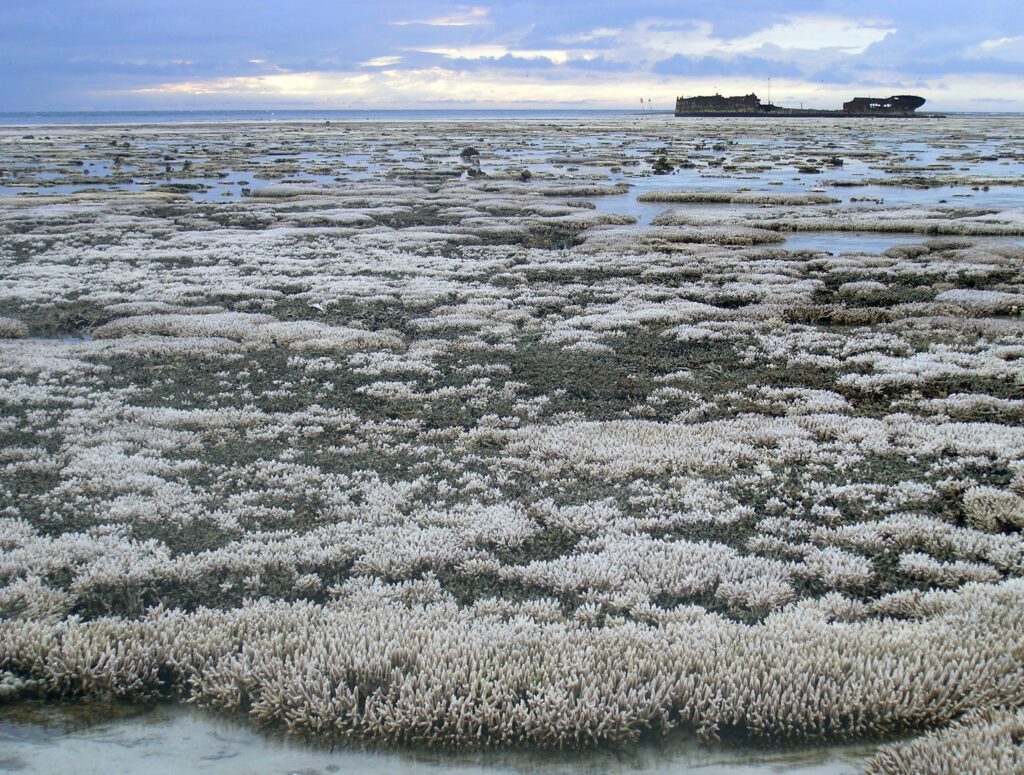
“This assessment reaffirms the urgency of the interlinked climate and biodiversity crisis addressed by COP26 last month in Glasgow, and COP15 in a few months in Kunming. We need to take decisive action to address both global threats to corals from climate change, and local ones, such as overfishing.” he mentioned later.
The Indian Ocean is home to almost two quarters of the world’s coral reefs. The Biodiversity found in the region is thanks to its geological location around the equator. Due to Rising temperatures, corals are at a bigger risk of bleaching with lesser chances of recovery.
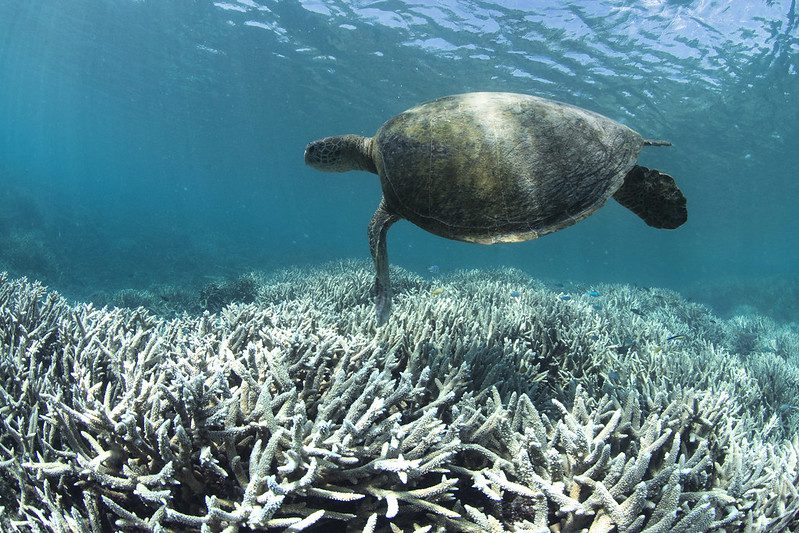
Coral reefs cover only a tiny fraction of mere 0.2 percent of the ocean floor, but they are home to at least a quarter of all marine animals and plants in the ecosystem. The oceans, which are home to coral reefs, produce 50% of our oxygen. Hence bringing coral reefs at the centre stage of global warming.
Dr Radhika Murti, Director of the Centre for Society and Governance at IUCN mentioned “If the IUCN Red List of Ecosystems criteria can be applied to all coral reef regions around the world, we will have a clear and consistent picture of the status of these vital ecosystems globally and of the most urgent policy measures decision makers need to take.”




